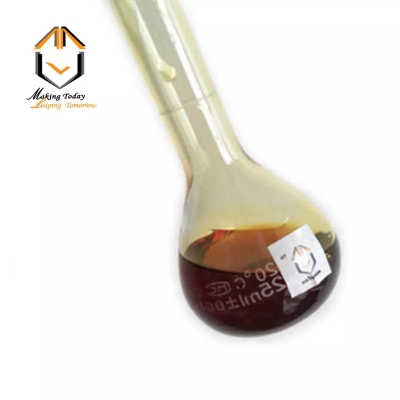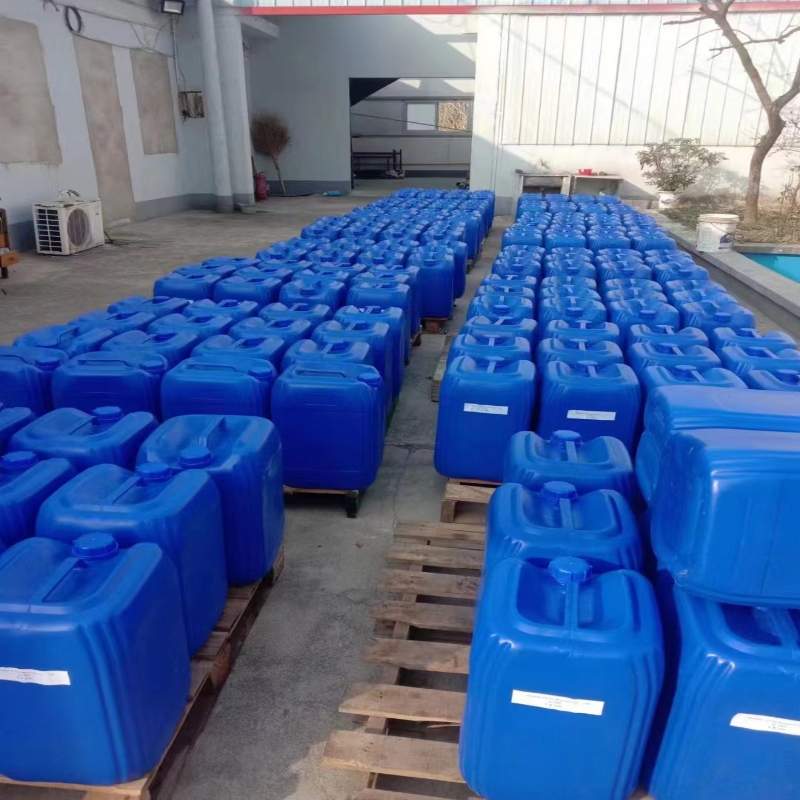-
Categories
-
Pharmaceutical Intermediates
-
Active Pharmaceutical Ingredients
-
Food Additives
- Industrial Coatings
- Agrochemicals
- Dyes and Pigments
- Surfactant
- Flavors and Fragrances
- Chemical Reagents
- Catalyst and Auxiliary
- Natural Products
- Inorganic Chemistry
-
Organic Chemistry
-
Biochemical Engineering
- Analytical Chemistry
-
Cosmetic Ingredient
- Water Treatment Chemical
-
Pharmaceutical Intermediates
Promotion
ECHEMI Mall
Wholesale
Weekly Price
Exhibition
News
-
Trade Service
According to the offshore engineering website May 27, Wood Mackenzie, a research and consulting firm, said on Thursday that as the economic recovery stagnates and the competitiveness of nuclear fuel and coal in Japan and South Korea expands, demand for LNG in Asia will grow next year.
Robert Sims, head of LNG short-term, natural gas and LNG research at Wood Mackenzie, said in a report that Asian LNG demand is expected to increase by 12 million tons/year in 2022, down from 19 million tons/year in 2021.
He added: “As the economic recovery slows, Asia’s LNG demand growth will slow, Japan and South Korea’s coal and nuclear capacity will increase, and India will have more offshore domestic supplies.
At the same time, as the Sabine Pass Line 6 and Calcasieu Pass projects in the United States and the Tangguh Line 3 in Indonesia have added LNG supplies, the global LNG supply will increase by 18 million tons/year.
Nevertheless, Sims said that the key to shaping the dynamics of the European market next year will be the expansion of the Beixi 2 pipeline from Russia to Germany.
"Prices may weaken in 2022, but market fundamentals show that by 2025, the global LNG market will tighten further," he said.
"As the demand for LNG in Asia continues to increase, the growth of global LNG supply will slow down, and competition from LNG in the Atlantic will intensify, reducing the supply of LNG in Europe.
Wood Mackenzie predicts that this summer, although global LNG supply is expected to increase by 16 million tons/year over the same period last year, the demand for replenishing inventory and the strong coal-to-gas economy will support European natural gas prices throughout the summer.
Sims said: "The winter market will become increasingly tight.
"The reduction in inventories starting in the winter in Europe, coupled with strong seasonal demand in Asia, will lead to intensified competition for Atlantic LNG (including US LNG) and put pressure on LNG prices.
Wu Henglei compiled from offshore engineering
The original text is as follows:
LNG Demand in Asia to Slow Down Next Year
Liquefied natural gas (LNG) demand growth in Asia will slow down next year as the economic recovery stagnates and the capacity of competing fuels nuclear and coal expand in Japan and South Korea, research consultancy Wood Mackenzie said on Thursday.
LNG demand in Asia is expected to rise by 12 million tonnes per annum (mmtpa) in 2022, down from the 19 mmtpa growth in 2021, Robert Sims, head of Woodmac's LNG short-term, gas and LNG research, said in a note.
"LNG demand growth in Asia will slow down as the economic recovery decelerates, coal and nuclear capacity will increase in Japan and South Korea and more offshore domestic supply will be available in India," he added.
At the same time, global LNG supply will grow by 18 mmtpa because of new supply from the Sabine Pass Train 6 and Calcasieu Pass projects in the United States and Indonesia's Tangguh Train 3, he said.
Still, the key to shaping market dynamics in Europe next year will be the ramp up of the Nord Stream 2 pipeline, with capacity of 55 billion cubic metres per year, from Russia to Germany, Sims said, adding that it is expected to be commissioned this winter.
"Prices might soften in 2022, but market fundamentals point towards a further tightening of the global LNG market through to 2025," he said.
"With LNG demand in Asia continuing to increase and global LNG supply growth set to slow down, competition for Atlantic LNG will intensify, reducing LNG availability to Europe.
"
For this year, Wood Mackenzie expects demand for restocking and strong coal-to-gas switching economics to support European gas prices through the summer despite global LNG supply expected to increase by 16 mmtpa in the summer, compared with the same period last year.
"Winter will see market dynamics getting increasingly tighter," Sims said.
"Lower winter starting inventory in Europe, combined with high seasonal Asian demand, will result in increased competition for Atlantic LNG, including from the US, putting pressure on LNG prices".







